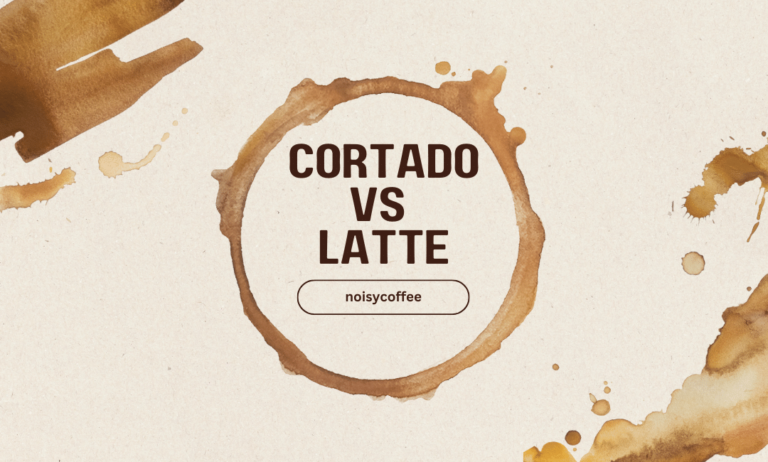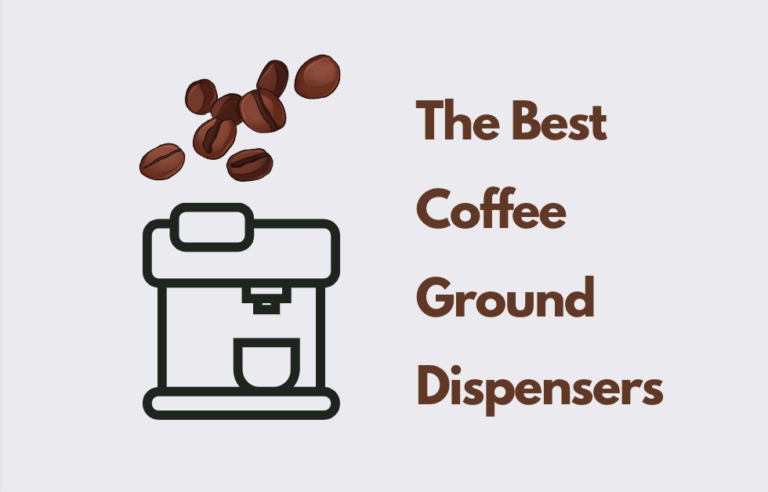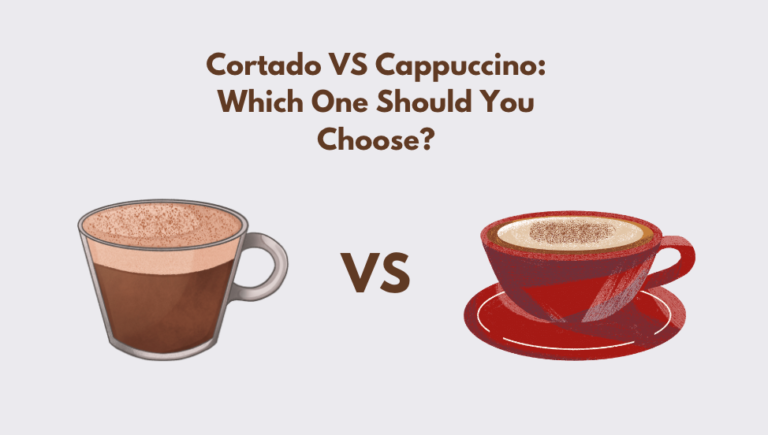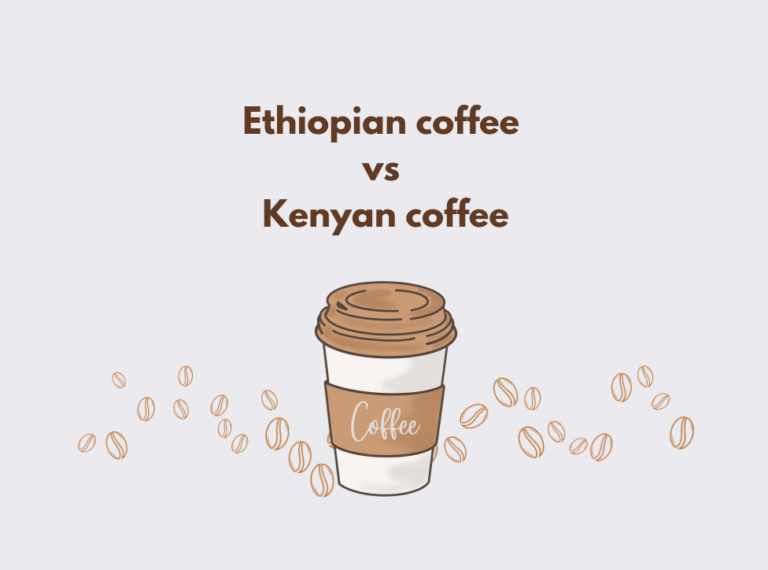
This post may contain affiliate links. As an Amazon Associate and a partner of other brands, I get a small commission if you purchase through my links, at no extra cost from you.
So, you’re on a diet or you just don’t want to gain weight and this question is popping up in your head “does coffee have carbs”.
As with anything in life, moderation is key.
Folks like to drink their coffee by spoonfuls and yet they go to the gym every day.
But the thing is to discover if drinking a few cups of joe every day can:
- add in extra calories
- alter your weight loss
- ruin your dieting efforts
- increase your waistline
Let’s find out!
Does Coffee Have Carbs?
Plain coffee like espresso or regular black coffee doesn’t have any carbs.
A coffee bean in itself doesn’t have carbs or calories. So, rest assured that coffee has zero carbs.
But when you add syrups, whipped cream, and sugars, your cup of Joe can quickly turn into a high-carb drink.
Sugar is just another form of carbohydrate and can be converted into body fat.
Therefore it’s best to refrain from drinking sugar-laden coffee as much as possible.
This will make your dieting efforts more successful and without any adverse side effects.
Some people like to use artificial sweeteners or stevia as a substitute for sugar in their morning cup of coffee to make sure they don’t gain weight and still get enough caffeine.
While drinking coffee all day long may not have any adverse effect on your weight – although its not recommended – it will if all these 10 cups of espresso per day contain sugar.
Regular, decaf or dark roast coffee doesn’t contain any sugar since it’s already removed during the roasting process.
But if your coffee contains any added sugar (sweetener) then…
No matter if it’s flavored with chocolate, vanilla, cinnamon or gingerbread – it contains sugar.
The more sugar is added, the higher the calories and carbs will be.
For example:
A study found that adding lots of sugar can increase the carb content in your beverage to as much as 32 grams per serving.
That means that 4 cups of coffee with sugar can contain more than 50 grams of carbohydrate, which is quite a lot for one day!
So you should drink your coffee without any added sugar since it’s not completely natural and it’s better avoided.
Just to give you an idea, if you’re consuming 2-3 cups of coffee per day, this will equal 32-64 grams of carbohydrates per day or more than 200 calories if drinking dark roast coffee.
If you drink only 1-2 cups every day, this will equal 16-32 grams of carbohydrate consumed per day or about 80 calories if drinking dark roast coffee.
Can You Drink Coffee While Dieting?
Researchers found that drinking 3 cups of coffee every day for 4 weeks can help you lose an additional 1 pound by increasing your metabolism and energy expenditure.
It seems that the combination of caffeine and catechins (the main component in coffee beans) is what helps burn fat and increase the rate of metabolism.
What’s more, another study found that caffeine can also increase your fat-burning potential during exercise.
Another study found out that caffeine is able to stimulate the breakdown of body fat.
However, don’t take this as an approval for drinking coffee on a daily basis if you’re trying to lose weight.
If anything, coffee is good for you only when consumed in moderation.
Coffee can help with weight loss if consumed moderately – not too much and not less, but just enough (2-3 cups per day).
You need to drink 2-3 cups of coffee per day for the best results.
However, this may not even be enough to stimulate the oxidation of fat by releasing fatty acids into the bloodstream.
Further studies are needed in order to determine how much coffee you really need in order to get the best results.
But until then, remember this… drinking extra coffee doesn’t hurt – but drinking too much coffee can!
“A calorie is a calorie is a calorie.” This is a popular saying that sums up the simple rule of health and nutrition.
The less calories you eat, the more fat your body burns.
It doesn’t matter whether they’re from carbohydrates or fat – it’s all equal in terms of how many calories they contain.
In fact, fats contain more than twice as many calories per gram, but the problem is that they’re less satiating and people tend to eat more of them.
So, let’s stick to this rule and not any other dieting dogmas that will only confuse you more.
If you want to drink coffee – drink it in moderation and then forget about calories for a while.
In fact, even protein can have a negative effect on your weight loss if you consume large amounts of it on a daily basis.
Both fat and protein require energy to digest, so they add up to your total caloric intake over the day.
This is the main reason why some people gain weight when they switch from a low-fat diet to a high-protein one.
Does Coffee Make You Lose Weight?
A couple of cups of coffee per day can make you feel more energetic.
In fact, caffeine is a known stimulant which increases your energy levels and concentration.
Some studies have shown that coffee can help you lose weight by reducing your food intake and increasing your metabolism.
Another study found that drinking lots of coffee can also prevent fat accumulation in the liver and in muscles.
So, you could say that drinking coffee is good for health and good for weight loss if consumed in moderation.
What’s more, many people report that they feel fuller when drinking coffee (which can be helpful for weight loss). But what is there really to it?
Does Caffeine Make You Burn More Fat?
Caffeine is able to increase fat burning by raising your levels of epinephrine (adrenaline), which in turn increases the rate of lipolysis by breaking down triglycerides into free fatty acids.
This means that the more caffeine you consume, the more fat you’ll be able to burn.
So drinking coffee does have some impact on weight loss – but only if you drink it in high amounts on a regular basis.
Drinking too much coffee on a daily basis can actually lead to excessive caffeine consumption which is not good for your health.
So, stick to 2-3 cups of coffee if you want to reap the full benefits of it – and never mind about calories for a while.
Side Effects of Too Much Caffeine
Don’t get me wrong. I’m not saying that you SHOULD drink lots of coffee everyday to lose weight.
Doing this will also get you into health issues.
So don’t think that you can just get a few cups of coffee each day and lose weight at the same time.
In fact, it’s very important that you monitor your caffeine intake and avoid getting into the habit of drinking large amounts of caffeine on a daily basis.
Also, too much caffeine, in general, is not good for health since it can increase your risk for many diseases like anxiety or stress, insomnia, insomnia and heart palpitations.
It can even harm your teeth and make them weaker.
If you’re looking to lose weight, I suggest that you take a look at these tips to boost your metabolism first.
I know it seems very obvious, but I have to say this anyway… DON’T DRINK MORE COFFEE JUST BECAUSE I SAID IT HELPS WITH WEIGHT LOSS!
Use this information wisely. And remember that drinking too much coffee will only harm your health.
Final Thoughts
I’ll say it again, plain black coffee doesn’t have any carbs or calories but when it’s mixed with sugar and all sorts of add-ons and syrups, that’s when the calorie count increases.
This question is a bit ambiguous and cannot be answered straightforwardly. So if one day you get asked this question, I’m sure you’ll think twice before answering it 😉






